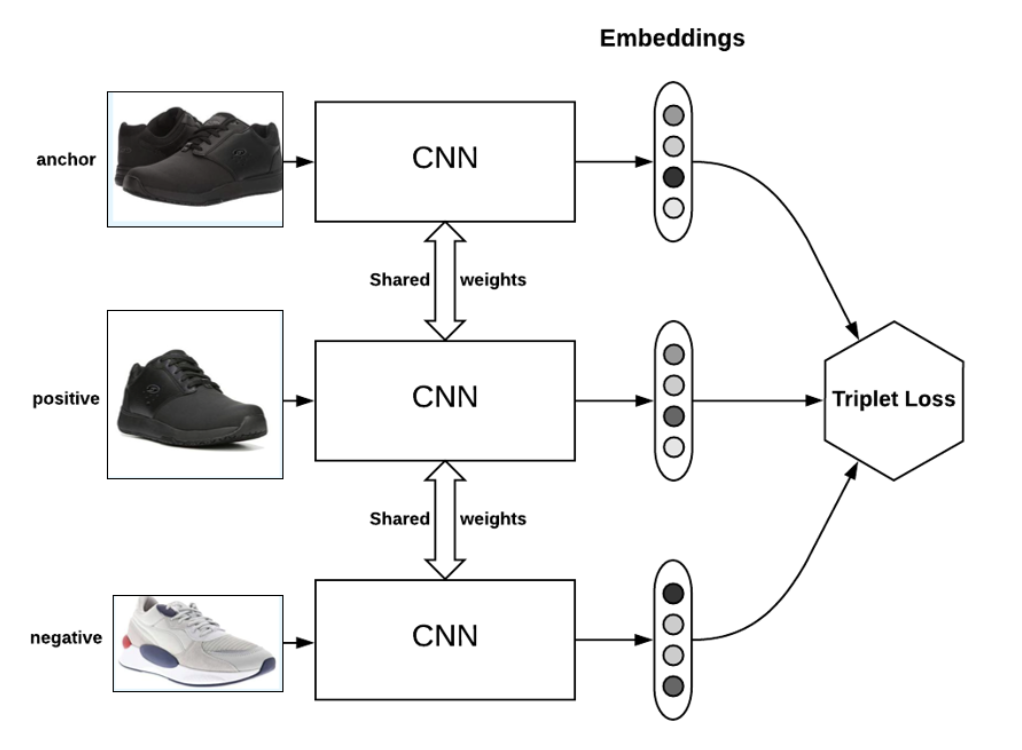The Essentials of Product Matching in Ecommerce

In the dynamic world of ecommerce, ensuring that customers find exactly what they're looking for is paramount. This is where product matching plays a crucial role. It's a process that aligns shopper's search queries with the most relevant products in your inventory, enhancing the shopping experience and increasing the likelihood of a purchase. This blog delves into the importance of this process, exploring how it not only streamlines the path to purchase but also significantly improves customer satisfaction. By understanding and implementing effective techniques of product matching in ecommerce businesses can better meet customer needs, drive sales, and stand out in a crowded online marketplace. Join us as we uncover the key elements of product matching and its impact on ecommerce success.
What is Product Matching in ecommerce?

Product matching is a critical process in ecommerce that involves identifying and linking identical or similar products across different listings, platforms, or within the same catalog. This technique ensures that customers are presented with the most accurate and comprehensive information about a product they're interested in. By comparing attributes such as product names, descriptions, images, and prices, product matching helps in maintaining consistency and reliability in product data. Effective product matching enhances the shopping experience by making it easier for customers to compare products, make informed decisions, and find the best deals. For ecommerce businesses, it streamlines inventory management, prevents duplicate listings, and improves the overall quality of the product catalog.
Types of Product Matching in Ecommerce
Product matching in ecommerce can be categorized into several types, each serving a specific purpose in enhancing the shopping experience and inventory management:
- Exact Match: This involves identifying products that are identical across different listings or platforms. It relies on matching unique identifiers like SKU numbers or barcodes, ensuring that the same product is not duplicated in the inventory.
- Similar Match: Similar matching focuses on grouping products that are not identical but share key characteristics, such as brand, model, or specifications. This type is useful for showing customers alternative options.
- Attribute Match: This method compares specific product attributes, such as color, size, or material. Attribute matching is crucial for retailers with extensive product variations, helping customers find the exact variant they are looking for.
- Visual Match: Leveraging image recognition technology, visual matching compares product images to find identical or similar items. This is particularly useful in the fashion and home decor sectors, where visual elements play a significant role in the purchasing decision.
How does product matching work in eCommerce?

Product matching in eCommerce operates through a systematic process of comparing and linking products based on various attributes to ensure accurate and consistent product listings across different platforms or within the same online store. Here's a detailed breakdown of how it works:
- Data Collection: The first step involves gathering detailed information about products from various sources. This data can include product names, descriptions, images, prices, and unique identifiers like SKUs or barcodes.
- Data Normalization: Given that product information can vary in format and detail across sources, normalization is crucial. This process standardizes the collected data to a common format, making it easier to compare.
- Attribute Matching: The system then compares products based on specific attributes. The product matching algorithm analyzes text and numerical data to identify matches or similarities. Attributes like brand, model, size, color, and price are commonly used for comparison.
- Image Recognition: For visual matching, image recognition technology compares product photos to identify identical or similar items. This is especially useful for categories where visual details are paramount, such as fashion or home decor.
- Machine Learning Algorithms: Advanced product matching systems employ machine learning algorithms that improve over time. These algorithms learn from previous matches, enhancing their accuracy and efficiency in identifying related products.
- Human Verification: In some cases, especially for complex or high-value items, human experts review and verify the matches suggested by the system to ensure the highest level of accuracy.
How does this AI Shopping Assistant help in product matching?

The AI Shopping Assistant, like Manifest AI, enhances product matching in ecommerce by utilizing advanced algorithms and machine learning to understand and interpret customer queries and behaviors. Here’s how it assists in product matching:
- Understanding Customer Queries: Manifest AI processes natural language inputs from customers, accurately identifying product features or attributes they are searching for.
- Personalized Product Recommendations: By analyzing past interactions and preferences, it offers personalized product suggestions that closely match the customer's interests and search intent.
- Visual Matching: For stores with visually driven products, Manifest AI can analyze images provided by customers to find and recommend similar items available in the store.
- Real-Time Interaction: It engages customers in real-time, asking clarifying questions if necessary, to refine search results and improve the accuracy of product matches.
- Similar Product Suggestions: With just a single click, Manifest AI can show customers similar products in your ecommerce store, offering alternatives that closely match their initial search criteria or product views. This feature not only aids in product discovery but also increases the chances of customer satisfaction and sales.
Conclusion
In conclusion, product matching in ecommerce ensures that customers are presented with accurate, relevant, and comprehensive product listings. From facilitating smoother searches to enhancing inventory management, the benefits of effective product matching are manifold. By employing strategies such as exact, similar, attribute, and visual matching, online retailers can significantly improve the shopping experience, leading to higher satisfaction and increased sales. As eCommerce continues to evolve, the importance of sophisticated matching product mechanisms, including AI-driven solutions like Manifest AI, becomes increasingly clear. These technologies not only streamline the matching process but also adapt and improve over time, offering tailored recommendations that meet the unique needs and preferences of each shopper. Embracing the essentials of product matching is, therefore, indispensable for any eCommerce business aiming to thrive in today's competitive market.

.png)
